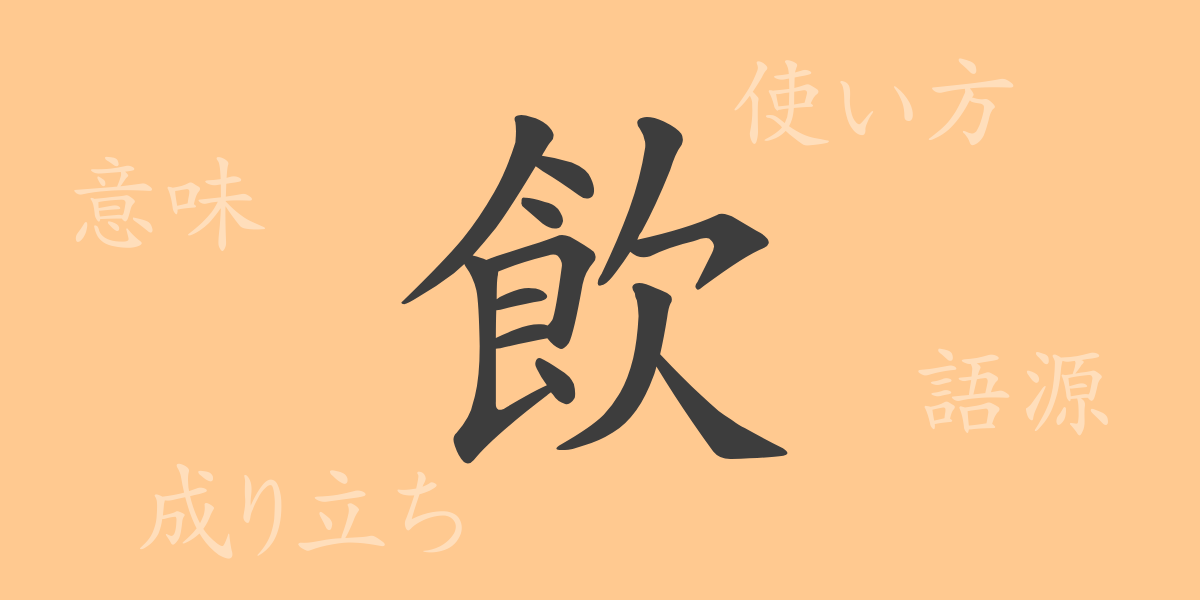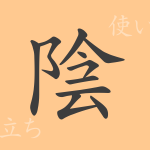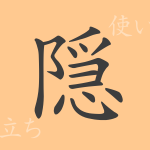“
Japan’s written culture is rich and at its heart lies the Kanji. One Kanji character that seamlessly integrates into our daily lives is “”Nomu”” (飲). This article delves into the origins, meanings, usage, readings, stroke count, radical, and even idioms and phrases related to “”Nomu.”” Join us on a journey to uncover the hidden stories behind Japan’s commonly used Kanji and rediscover the depth of the Japanese language.
Origins of Nomu (Etymology)
The Kanji “”Nomu”” (飲) is derived from ancient Chinese pictographs. Originally, “”Sanzui”” (氵) represented water, while “”Ketsu”” (欠) depicted the shape of a person with an open mouth, illustrating the act of taking water into the mouth. Over time, “”Nomu”” (飲) came to encompass various meanings related to the action of drinking or swallowing.
Meanings and Usage of Nomu
“”Nomu”” (飲) carries meanings such as “”to drink,”” “”to swallow,”” “”the act of drinking,”” and “”beverage.”” In Japanese, it is primarily used as a basic verb to describe the act of ingesting liquids into the body. It is also used metaphorically in expressions like “”to swallow one’s troubles”” or “”to swallow one’s words.””
Readings, Stroke Count, and Radical of Nomu
There are several readings for the Kanji “”Nomu”” (飲), which vary depending on the context.
- Readings: The Onyomi is “”In”” , and the Kunyomi is “”Nomu”” .
- Stroke Count: 12 strokes.
- Radical: Food Radical (Shokubu) (食部).
Idioms, Phrases, and Proverbs Using Nomu and Their Meanings
There are numerous idioms, phrases, and proverbs in Japanese that include “”Nomu”” (飲). For example, “”Inshoku”” (飲食) refers to eating and drinking, while “”Inshui Shigen”” (飲水思源) literally means to think of the water source while drinking water. However, it conveys the lesson of not forgetting the source of a benefit received. Other expressions include “”Ikkini Nomu”” (一気に飲む) and “”Nomikomu”” (飲み込む).
Conclusion on Nomu
The Kanji “”Nomu”” (飲) represents an action that is closely tied to our lives. While its form and meaning are simple, it enriches our language through various expressions found in idioms and phrases. If this article has helped you understand the diverse aspects of “”Nomu”” and appreciate the richness of Japanese expressions, then it has served its purpose.
“

























